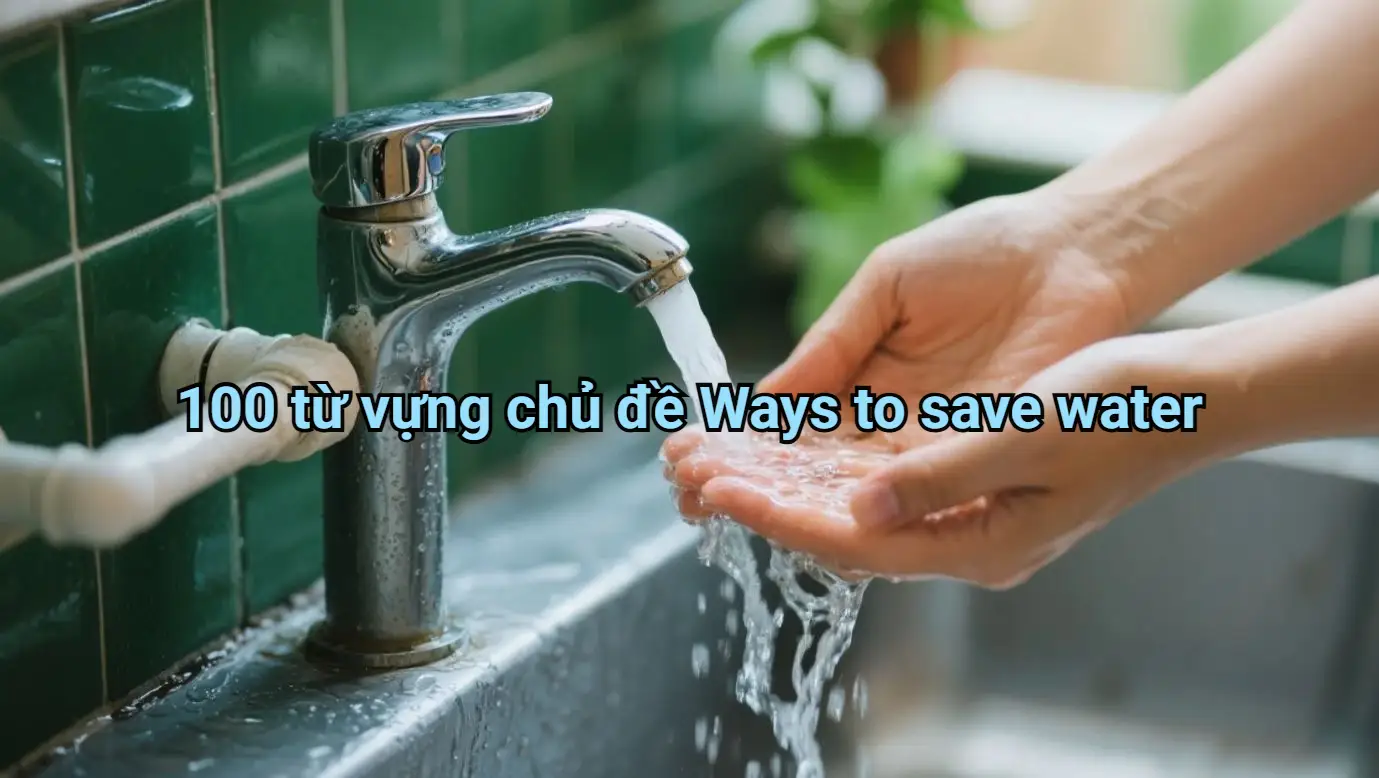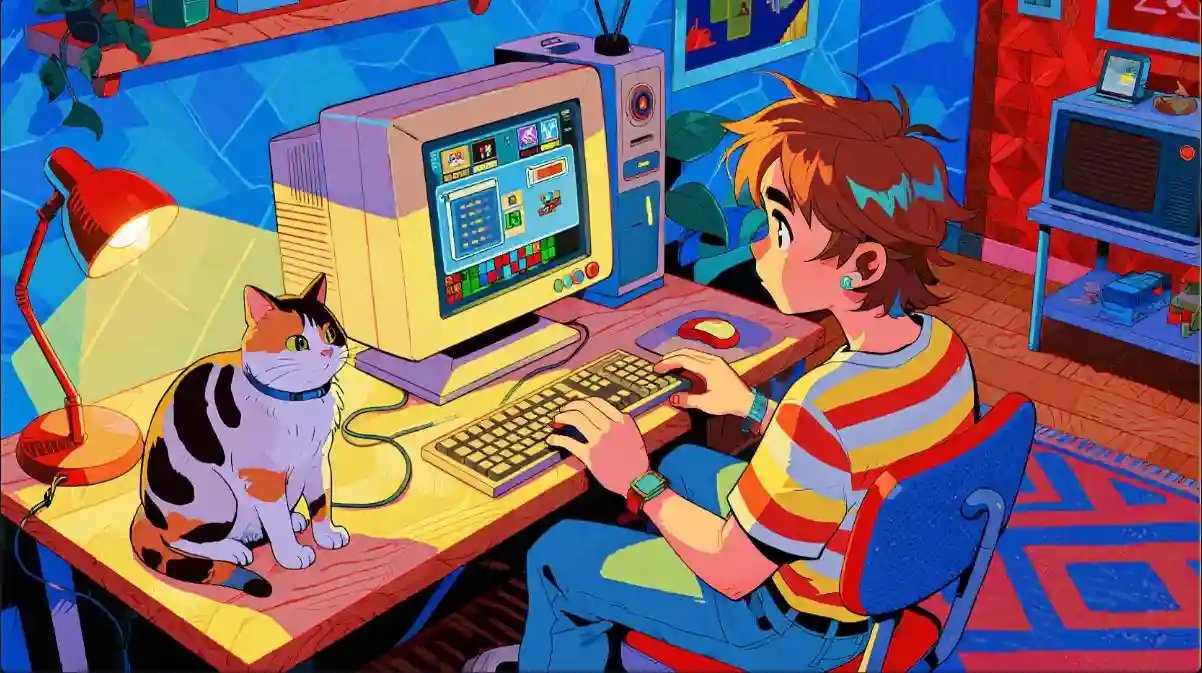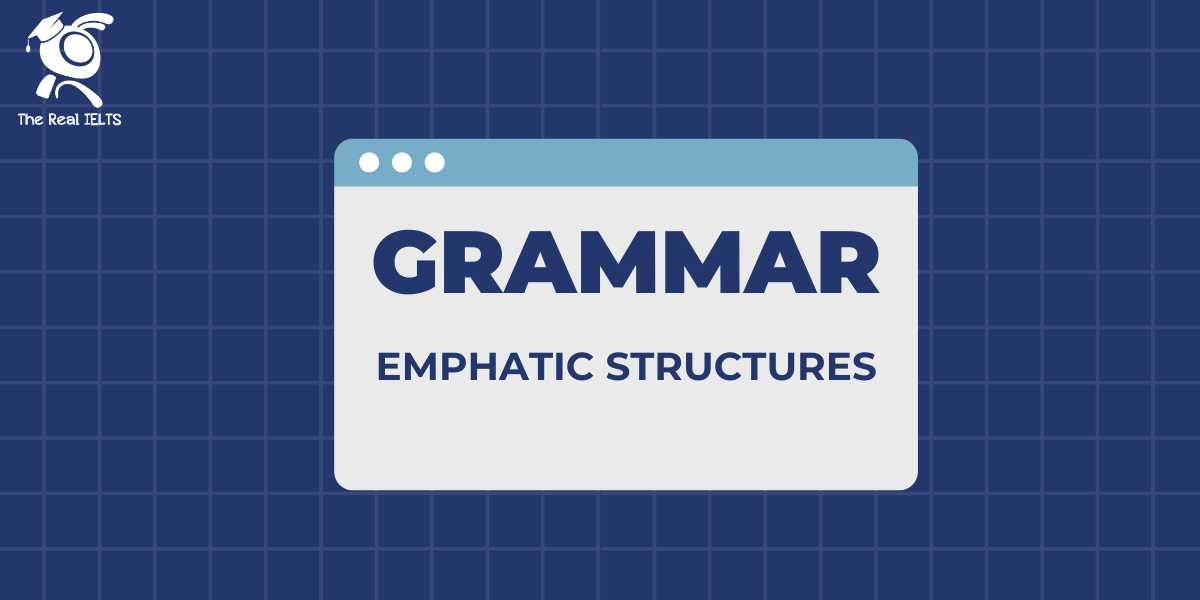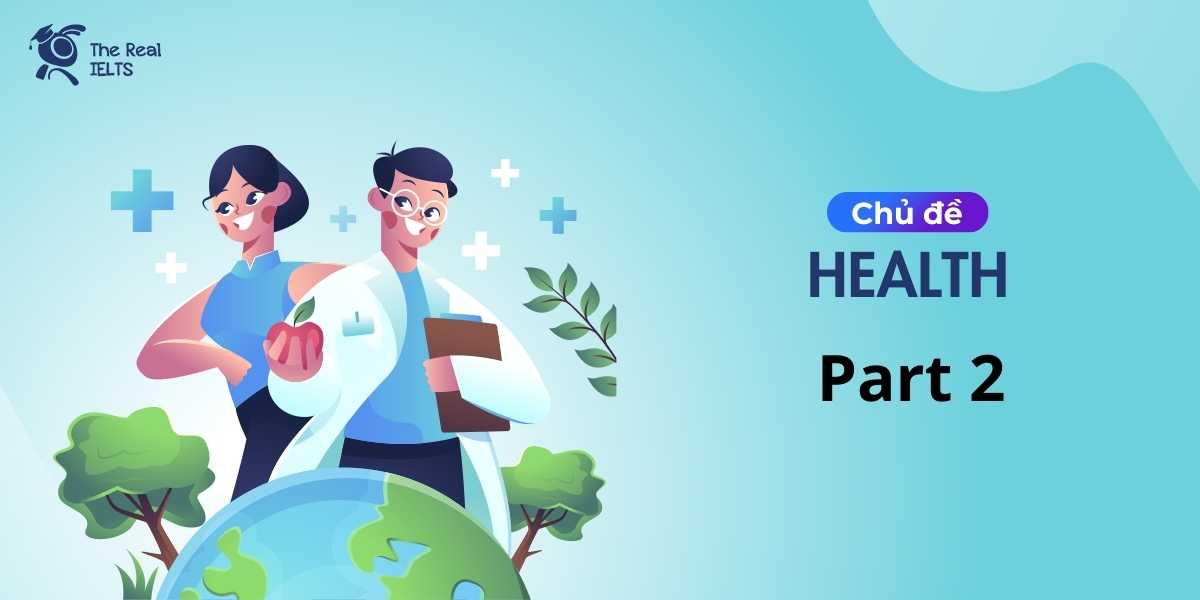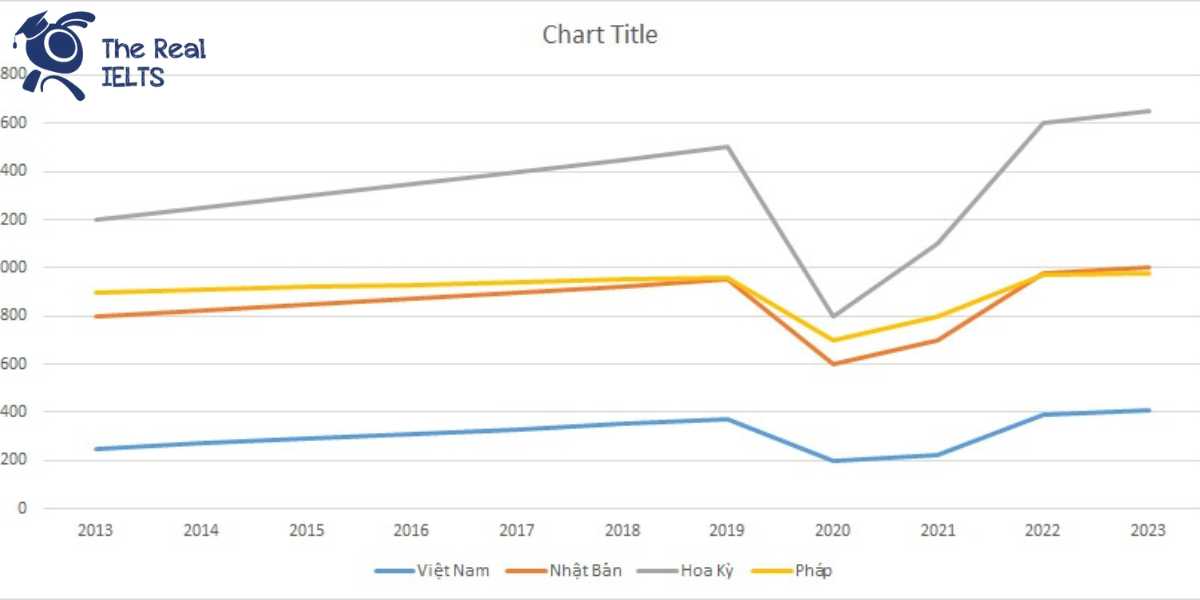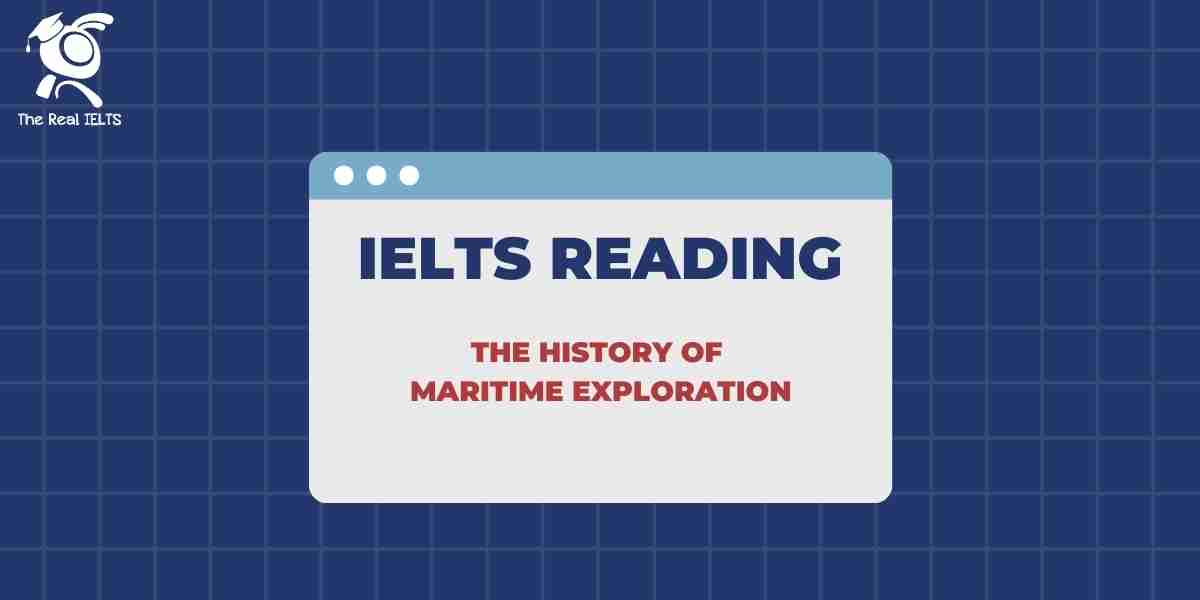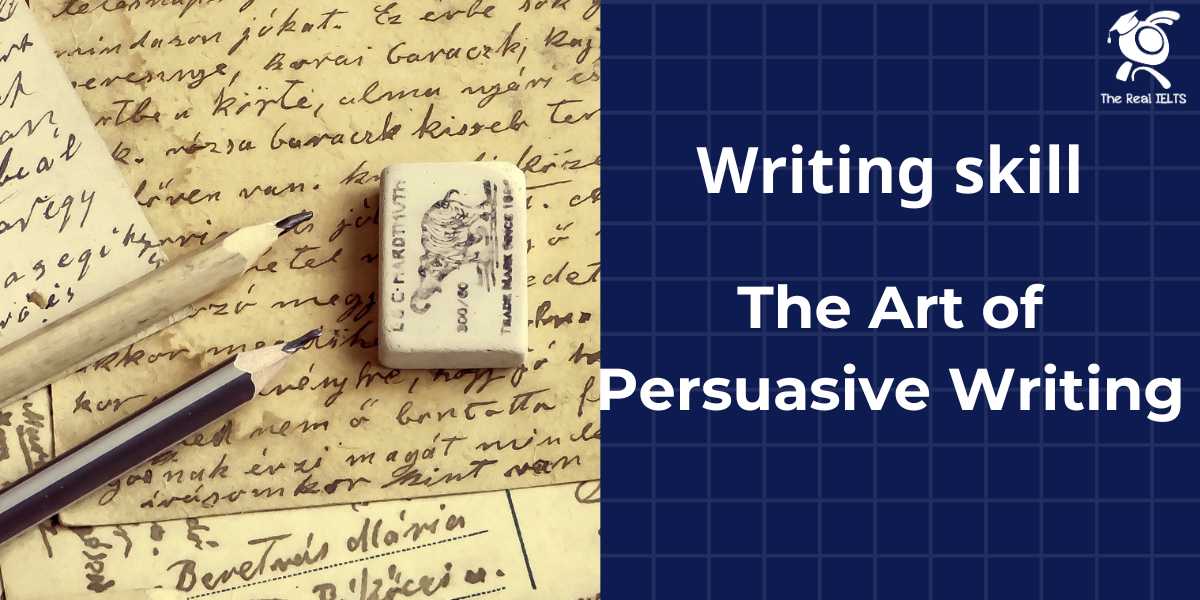Luyện tập IELTS Reading ngày 13 có chủ đề: The Influence of Social Media on Modern Politics. Bài này thuộc chuỗi IELTS Reading: 30 chủ đề luyện tập. Mỗi bài này luyện tập khoảng 30 phút.
Học lại bài cũ: IELTS READING Day 12: Sustainable Agriculture and Food Security.
Đọc bài IELTS Reading và trả lời câu hỏi ở bên dưới
Passage 1
Social media platforms have revolutionized the way we communicate, share information, and even shape our political opinions. In the past, traditional media like newspapers, television, and radio were the primary sources of political news and information. However, in the 21st century, platforms such as Facebook, Twitter, and Instagram have become the dominant tools for political discourse, allowing people to engage with politics in new and dynamic ways.
One of the most significant impacts of social media on modern politics is the speed at which information spreads. Political news, whether accurate or not, can be disseminated globally in a matter of seconds. This rapid dissemination of information often leads to what is known as ‘viral politics,’ where a single post, tweet, or video clip can spark widespread discussions and even influence political decisions.
While social media has made it easier for citizens to access political information and participate in discussions, it has also contributed to the rise of misinformation. Fake news, misleading posts, and propaganda can spread just as quickly as factual information, leading to confusion and misperceptions among the public. This has raised concerns about the role of social media in shaping political opinions based on false or manipulated data.
Passage 2
The role of social media in politics extends beyond just spreading information; it also plays a significant part in mobilizing voters and political movements. Platforms like Twitter and Facebook have been used to organize political rallies, protests, and even revolutions. The Arab Spring, for instance, is one of the most well-known examples of how social media facilitated political activism and communication among protesters, leading to widespread calls for democracy in the Middle East.
Moreover, political candidates and parties use social media to reach younger voters, who are less likely to follow traditional news outlets. By creating targeted ads and engaging directly with users, politicians can tailor their messages to specific demographics, thus increasing their influence and appeal among different voter groups. This targeted approach has proven to be highly effective, particularly during election campaigns.
However, the use of social media for political purposes is not without controversy. Critics argue that it allows for the manipulation of public opinion through algorithms that prioritize sensational or biased content. Additionally, concerns about privacy and data usage have led to debates over whether political ads on these platforms are ethical or intrusive.
Passage 3
As social media continues to evolve, its influence on politics is expected to grow even stronger. Political analysts predict that future elections will rely more heavily on social media strategies, and platforms like Twitter and Facebook will be even more central to political campaigns. Some experts believe that social media will become a primary tool for direct democracy, where citizens can vote on policies and issues through online platforms.
Nevertheless, the increasing role of social media in politics brings up questions about its impact on democracy itself. There are concerns that the echo chamber effect, where users are only exposed to information that confirms their existing beliefs, might lead to greater polarization in society. This phenomenon can create divisions among different political groups, reducing the likelihood of compromise and constructive dialogue.
Furthermore, the question of regulation remains unresolved. Governments around the world are debating whether they should impose stricter controls on social media to prevent the spread of misinformation and ensure transparency in political advertising. While some argue that regulation is necessary to protect democracy, others believe it might lead to censorship and limit freedom of expression.
Từ vựng
- Revolutionized – Cách mạng hóa
- Communicate – Giao tiếp
- Traditional media – Truyền thông truyền thống
- Primary sources – Nguồn chính
- Political discourse – Thảo luận chính trị
- Dynamic – Năng động
- Dissemination – Sự lan truyền
- Viral politics – Chính trị lan truyền
- Spark – Khơi mào
- Widespread – Lan rộng
- Misinformation – Thông tin sai lệch
- Fake news – Tin giả
- Misleading – Gây hiểu lầm
- Propaganda – Tuyên truyền
- Manipulated data – Dữ liệu bị thao túng
- Mobilizing – Huy động
- Rallies – Biểu tình
- Protests – Cuộc biểu tình
- Revolutions – Cách mạng
- Activism – Hoạt động xã hội
- Targeted ads – Quảng cáo nhắm mục tiêu
- Demographics – Nhân khẩu học
- Influence – Ảnh hưởng
- Algorithms – Thuật toán
- Sensational – Giật gân
- Privacy – Quyền riêng tư
- Intrusive – Gây phiền toái
- Echo chamber effect – Hiệu ứng buồng vọng
- Polarization – Sự phân cực
- Compromise – Thỏa hiệp
- Constructive dialogue – Đối thoại mang tính xây dựng
- Regulation – Quy định
- Transparency – Sự minh bạch
- Censorship – Sự kiểm duyệt
- Freedom of expression – Tự do ngôn luận
Câu hỏi IELTS Reading The Influence of Social Media on Modern Politics
Questions 1-5: True/False/Not Given
Decide if the statements below are True, False, or Not Given according to the information in the text.
- Traditional media is still the most influential source of political information.
- Social media allows people to engage with political topics quickly and effectively.
- Viral politics always results in positive political outcomes.
- Misinformation on social media spreads faster than factual news.
- There are no significant concerns about the impact of fake news on political opinions.
Questions 6-9: Matching Headings
Choose the correct heading for each paragraph in Passage 2 from the list below.
List of Headings: i. The Downsides of Political Advertising on Social Media
ii. The Role of Social Media in Organizing Political Movements
iii. Targeting Young Voters Through Social Media
iv. The Impact of the Arab Spring on Social Media Usage
- Paragraph 1
- Paragraph 2
- Paragraph 3
- Paragraph 4
Questions 10-13: Multiple Choice
Choose the correct answer (A, B, C, or D) for each question below based on the information in Passage 3.
- What do political analysts predict about the role of social media in future elections?
- A) It will become less important over time.
- B) It will be the main tool for campaign strategies.
- C) It will have no impact on election outcomes.
- D) It will be replaced by new media platforms.
- What is the “echo chamber effect” mentioned in the passage?
- A) Exposure to diverse political views.
- B) Only hearing information that reinforces one’s beliefs.
- C) The rapid spread of misinformation.
- D) Greater engagement with political opponents.
- What is one potential consequence of increased polarization due to social media?
- A) More productive political debates.
- B) Greater unity in society.
- C) Decreased compromise between political groups.
- D) Improved transparency in campaigns.
- What is a key debate regarding social media regulation?
- A) Whether to encourage more political ads.
- B) The balance between protecting democracy and preventing censorship.
- C) How to increase the echo chamber effect.
- D) If governments should use social media in their own campaigns.
Đáp án IELTS Reading The Influence of Social Media on Modern Politics
Questions 1-5: True/False/Not Given
- False – Traditional media is not mentioned as the most influential source of political information; social media is described as the dominant tool.
- True – The passage states that social media allows people to engage with political topics quickly and effectively.
- False – It is mentioned that viral politics can influence decisions, but not always in a positive way.
- Not Given – The text does not specify whether misinformation spreads faster than factual news, only that both spread quickly.
- False – There are concerns mentioned about the impact of fake news on political opinions.
Questions 6-9: Matching Headings
- ii. The Role of Social Media in Organizing Political Movements – This heading fits with the paragraph discussing how social media is used to organize rallies and protests.
- iii. Targeting Young Voters Through Social Media – This paragraph discusses how political candidates use social media to reach younger voters.
- i. The Downsides of Political Advertising on Social Media – This heading matches with the content about the controversy over the manipulation of public opinion.
- iv. The Impact of the Arab Spring on Social Media Usage – This paragraph discusses the Arab Spring as a significant example of social media’s role.
Questions 10-13: Multiple Choice
- B) It will be the main tool for campaign strategies – Political analysts predict that social media will become even more central to political campaigns.
- B) Only hearing information that reinforces one’s beliefs – The echo chamber effect refers to being exposed only to information that confirms one’s existing beliefs.
- C) Decreased compromise between political groups – Increased polarization is said to lead to a reduction in compromise and dialogue.
- B) The balance between protecting democracy and preventing censorship – The key debate is about whether regulation is necessary to protect democracy or if it could lead to censorship.



